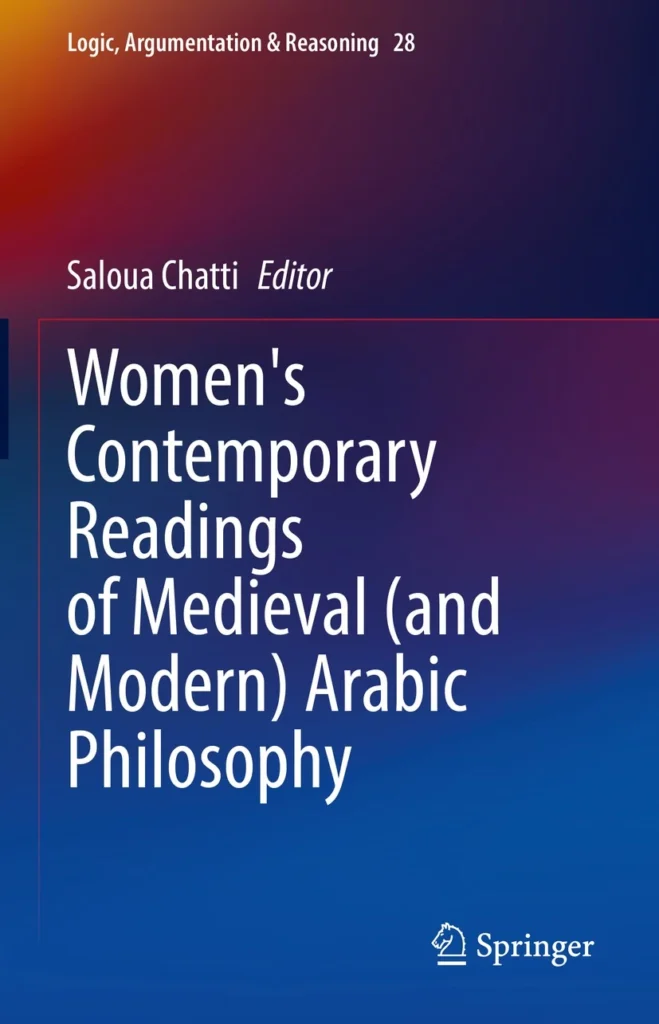The study ““Superstition” or “Crown of Science”? Zaki Naguib Mahmoud, Youssef Karam, and Yumna Tarief El-Kholy on Metaphysics” by Kata Moser
examines the contemporary Arabic discourse on the legitimacy and nature of metaphysics. With the growing influence of science, metaphysical questions were sidelined or even deem wrong altogether. The study presents and discusses three of the most important contributions to this debate in their own right and with regard to their corresponding references to one another: The debate in question started in the 1950s with neo-positivist Zaki Naguib Mahmoud (1905–1993) rejecting it bluntly in his widely read contribution Khurāfat al-mītāfīzīqā (The Fable of Metaphysics, 1953). The central thesis of this work is that metaphysical hypotheses have no connection and relevance for the knowledge of reality and that they are void of meaning and, hence, have to be abolished. Neo-Thomist Youssef Karam (1886–1959) criticized this position and gave a different account of metaphysics in his works al-ʿAql wal-wujūd (Reason and Being, 1956) and al-Ṭabīʿa wa-mā baʿd al-ṭabīʿa (Physics and Metaphysics, 1959). He posits that metaphysics is the most abstract and most comprehensive science that deals with being as such, including God, and it is necessary in order to gain a correct knowledge of reality. Yet another contribution to the debate has been presented by Popperian Yumna Tarief El-Kholy (1955–) in her book al-ʿIlm wal-ightirāb wal-ḥurriyya (Science, Alienation, and Freedom, 1987). El-Kholy also holds metaphysics to be necessary by the sheer fact that all scientific theories include a metaphysical theory. The metaphysical theory that she considers most suitable for present scientific research is indeterminism, which is both an account of the epistemological access to reality as well as the ontological structure of reality itself. El-Kholy values the scientific approach to reality without denying the possibility of metaphysical knowledge and without entering the field of the knowledge of God. The discussion of these contributions demonstrates the range of solutions that Arab philosophers offer to the crisis of metaphysics and where they locate the controversial issues.

